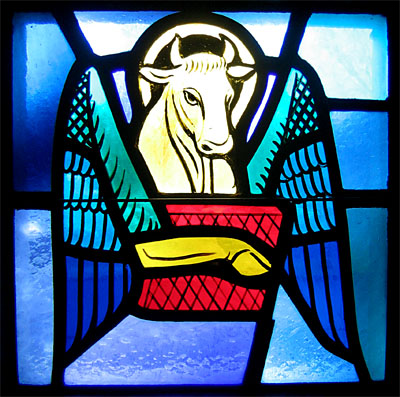 Editor’s note: David Schmitt has provided the following outlines for preaching the Gospel lessons from Luke from Advent to Easter in the Year C lectionary. Click here for a downloadable PDF of the outlines.
Editor’s note: David Schmitt has provided the following outlines for preaching the Gospel lessons from Luke from Advent to Easter in the Year C lectionary. Click here for a downloadable PDF of the outlines.
+ + +
Simply defined, hope is an expectation of the future. Yet hope is so much more than that. Hope involves a larger story, as the past, the present, and the future are woven together in a delicate, life-changing balance. To be more specific, hope occurs when a past experience generates trust in a certain future that changes one’s way of life in the present. To evaluate any situation of hope, we can consider these dynamics: how the past event and the certain future are joined together in a larger story that gives shape to present experience.
God has entrusted us as pastors with proclaiming the larger story of Jesus Christ that embraces our past, present, and future and causes us to live in Christian hope. As we do this, however, we speak to a world full of people who are living by other narratives, stories that offer them hope for the future and shape the way they live now.
The Gospel of Luke provides us with a profound opportunity to speak God’s story in Christ with a keen sense of hope. During the season of Advent, the church transitions from expectant longing for the second coming of Christ to holy joy for the first coming. Thus, the readings take God’s people on a reverse chronological journey, from the end to the beginning.
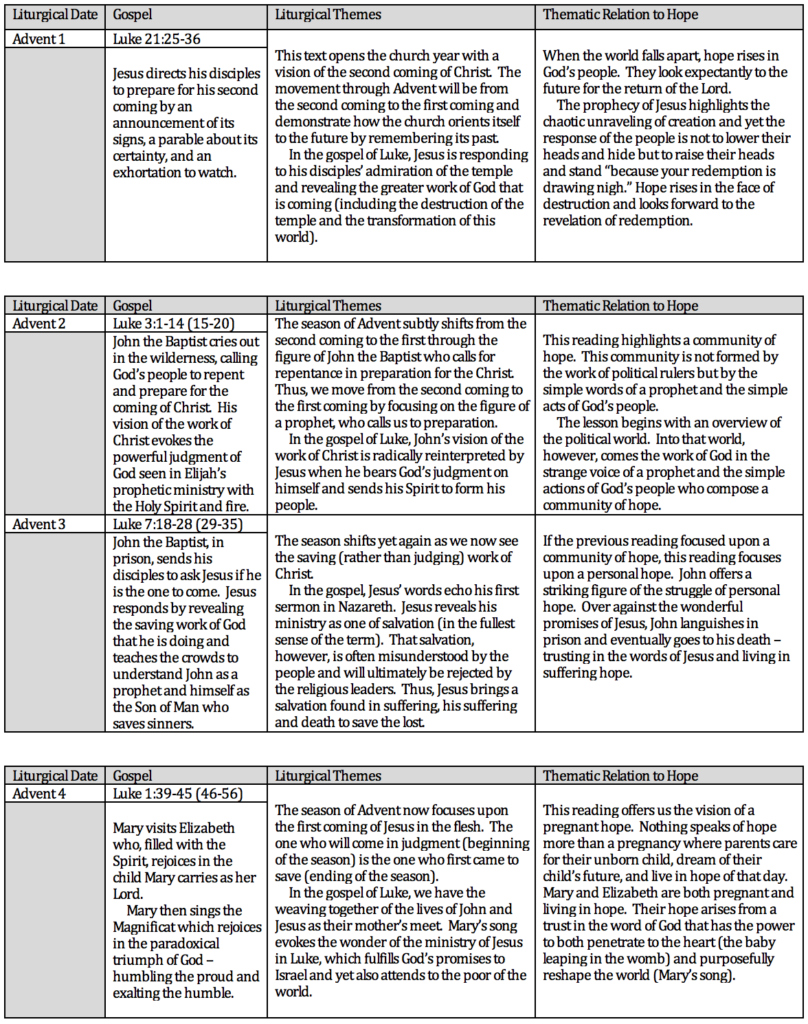
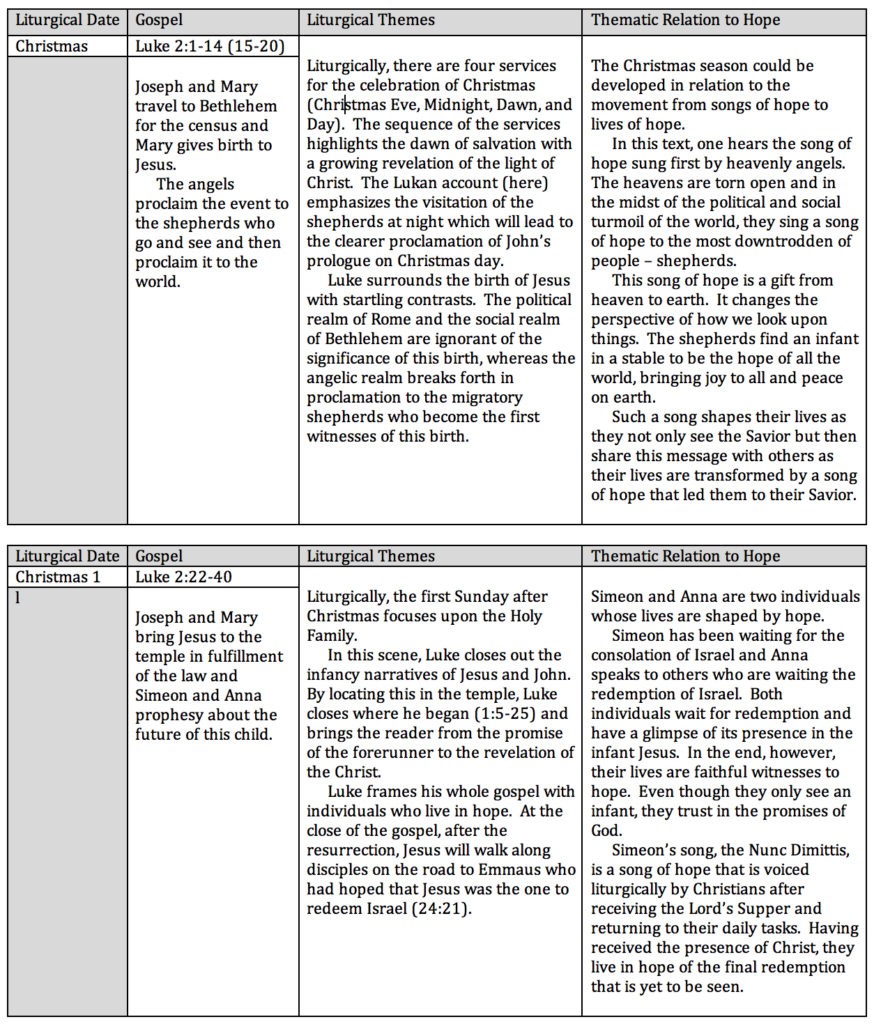
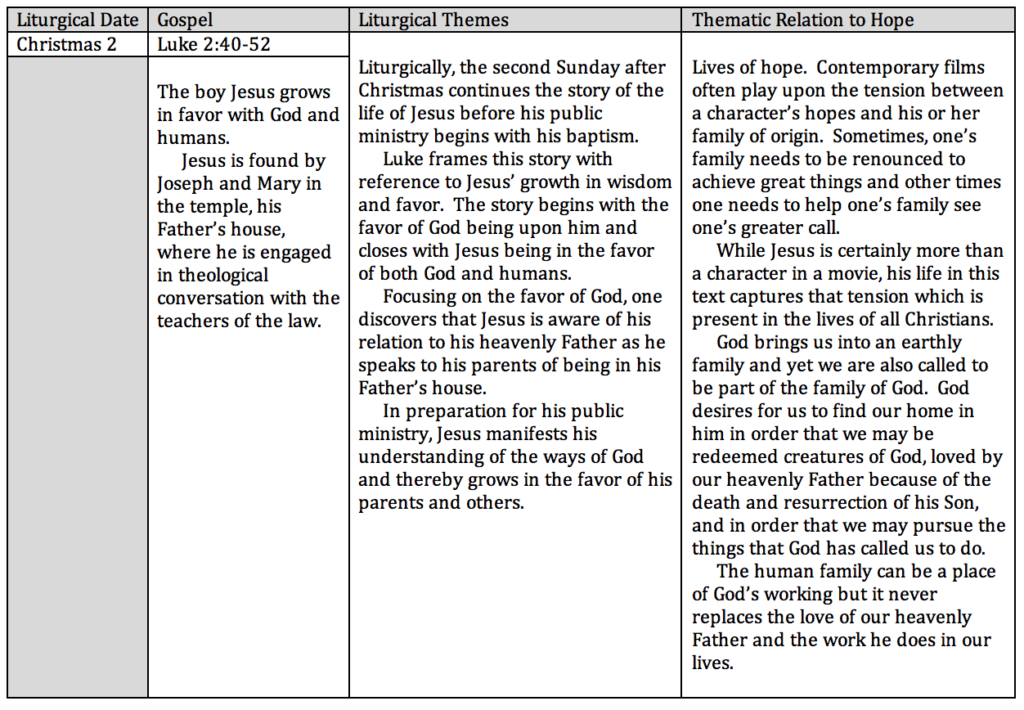
During the season of Epiphany, the church enters into ordinary time. The epistle reading no longer links directly with the other readings and the church reads somewhat sequentially through the epistle and the gospel appointed for that year.
In terms of the selection of readings from Luke, the lectionary sought to highlight readings that are particular to Luke. Thus, one has less of a sense of the flow of the overall ministry of Jesus in the readings from Luke and more of a sense of what is unique to Luke’s witness.
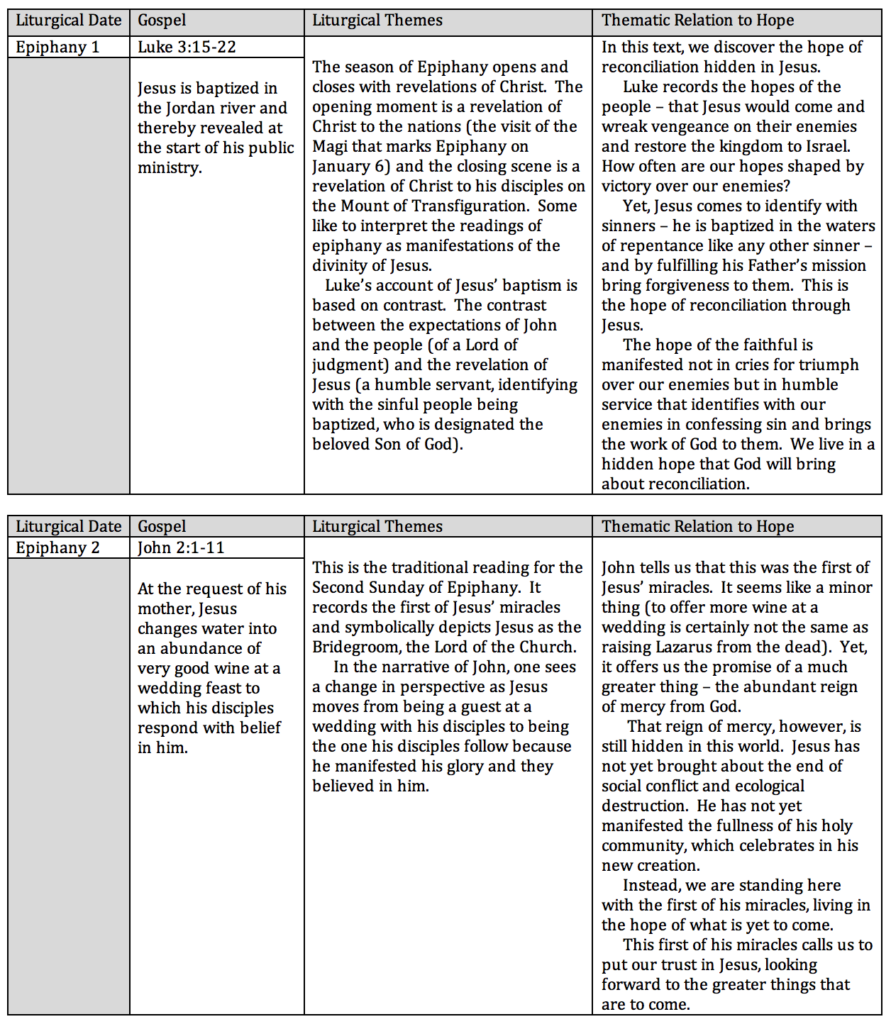
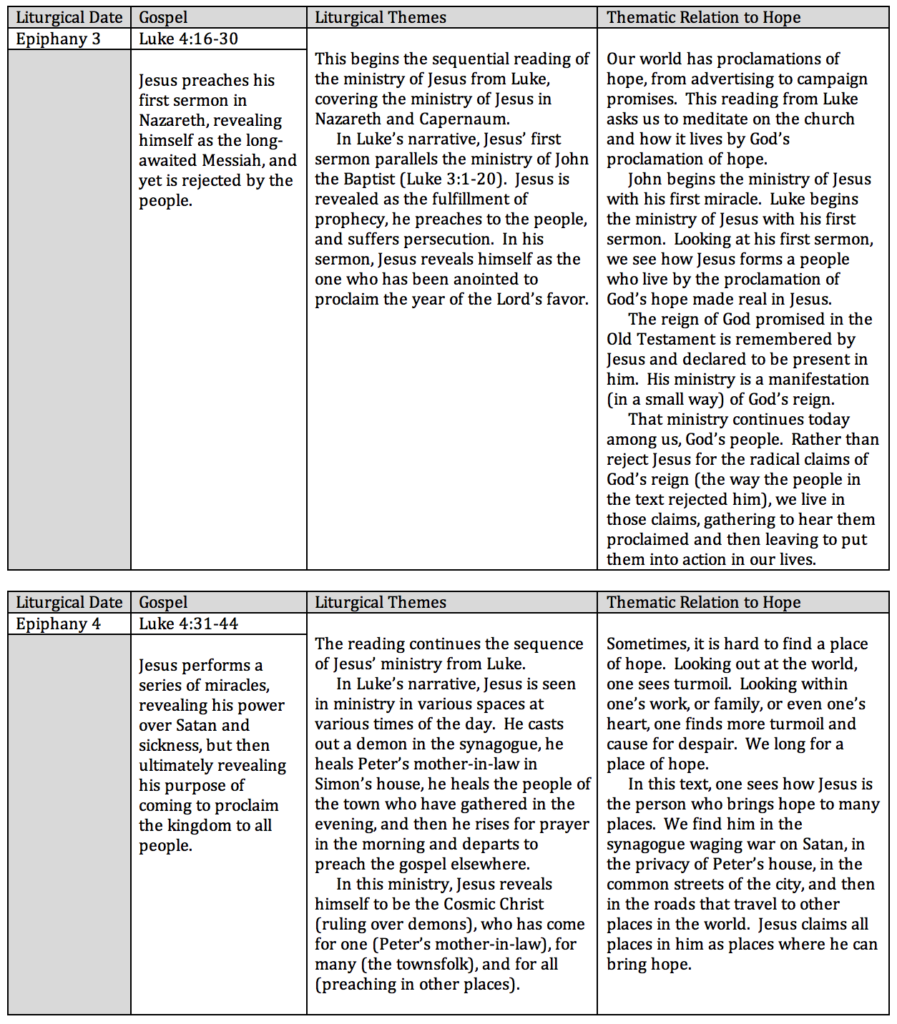
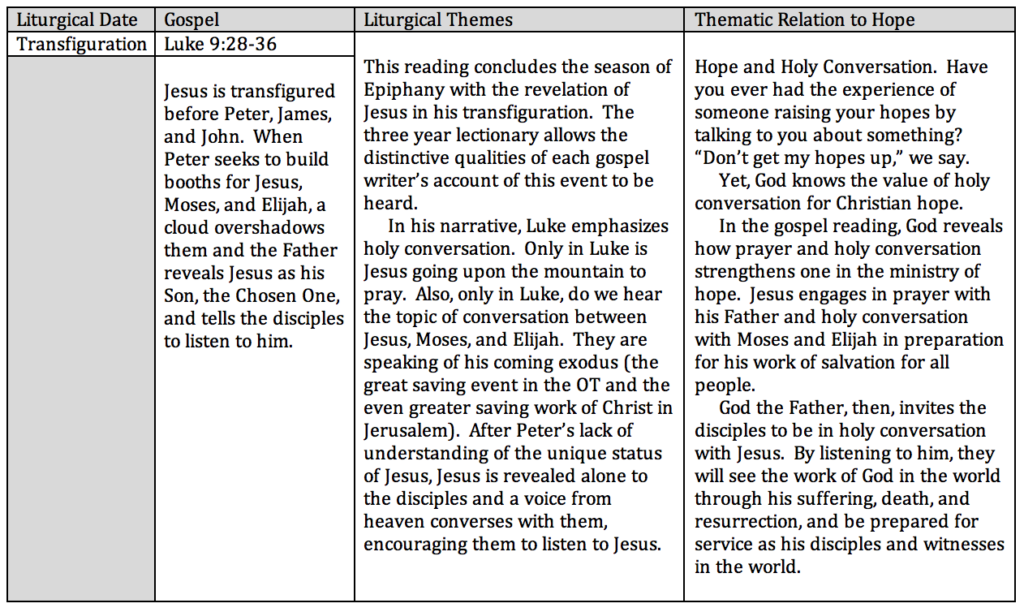
During the season of Lent, the church prepares for Easter through repentant reflection and baptismal preparation.
In terms of the selection of readings from Luke, the lectionary reveals Jesus enduring temptation, trial, and testing until he ultimately suffers rejection and death on the cross. While Jesus endures these things for his people, he also speaks to his people, calling them directly and through parables to repentance and conversion.
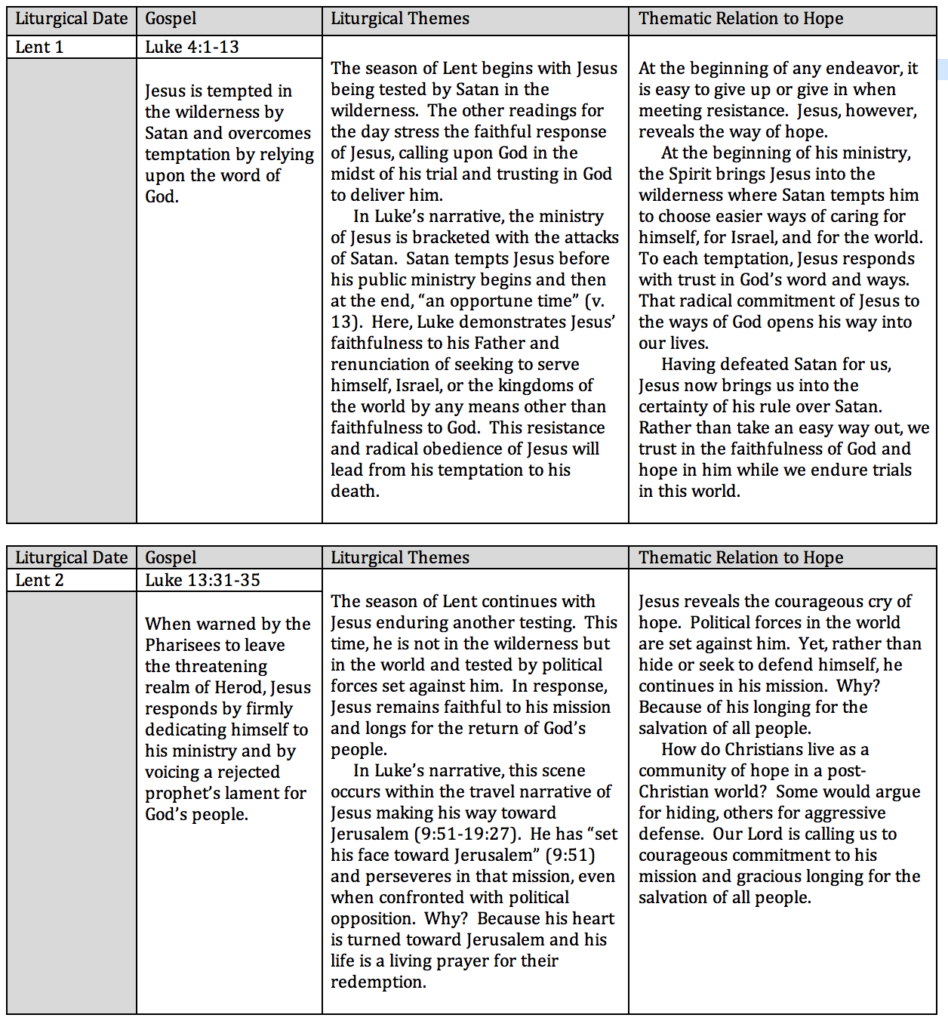
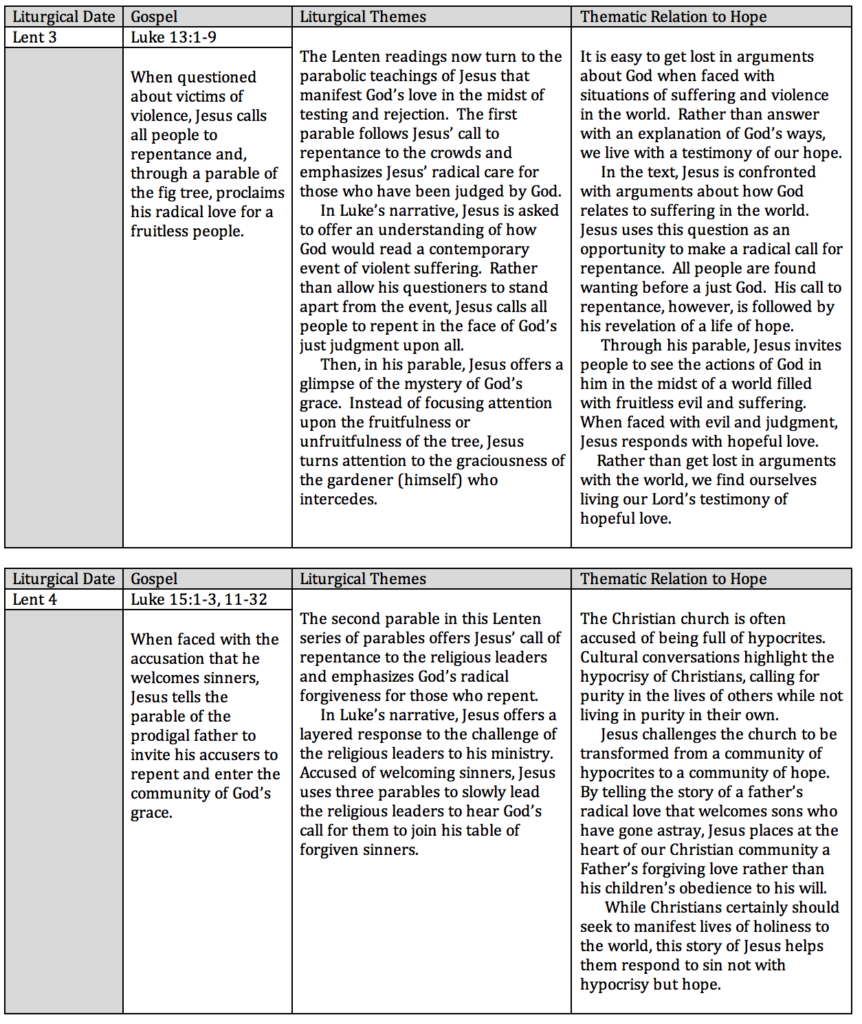
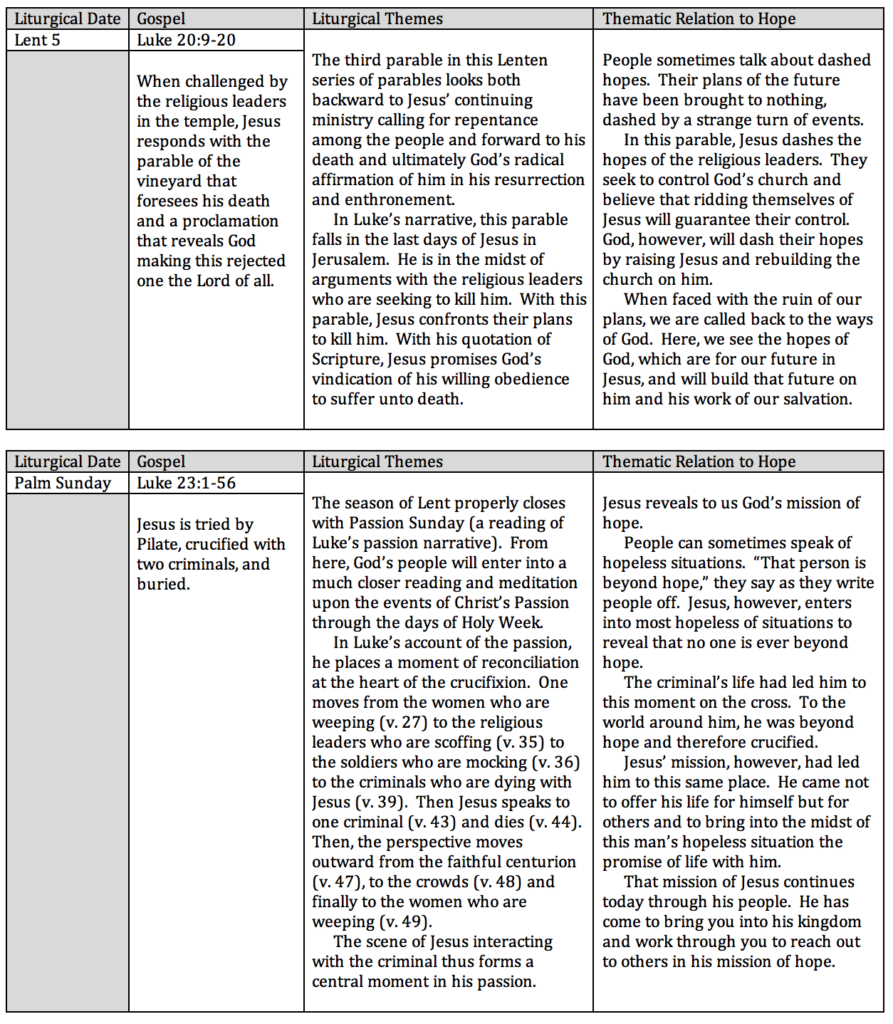
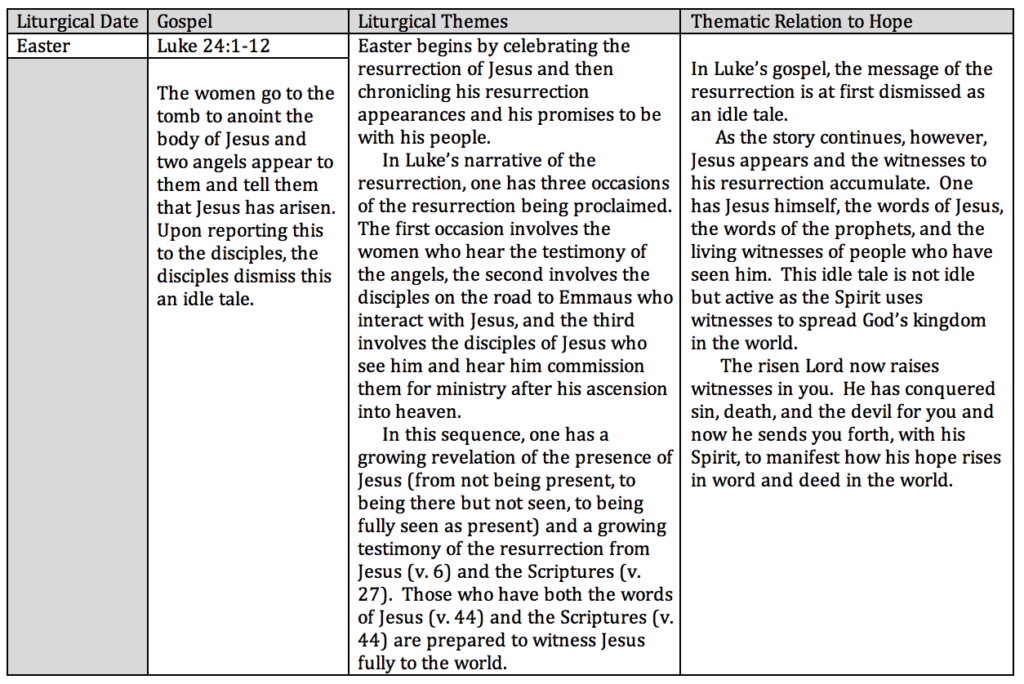

Leave a Reply
You must be logged in to post a comment.